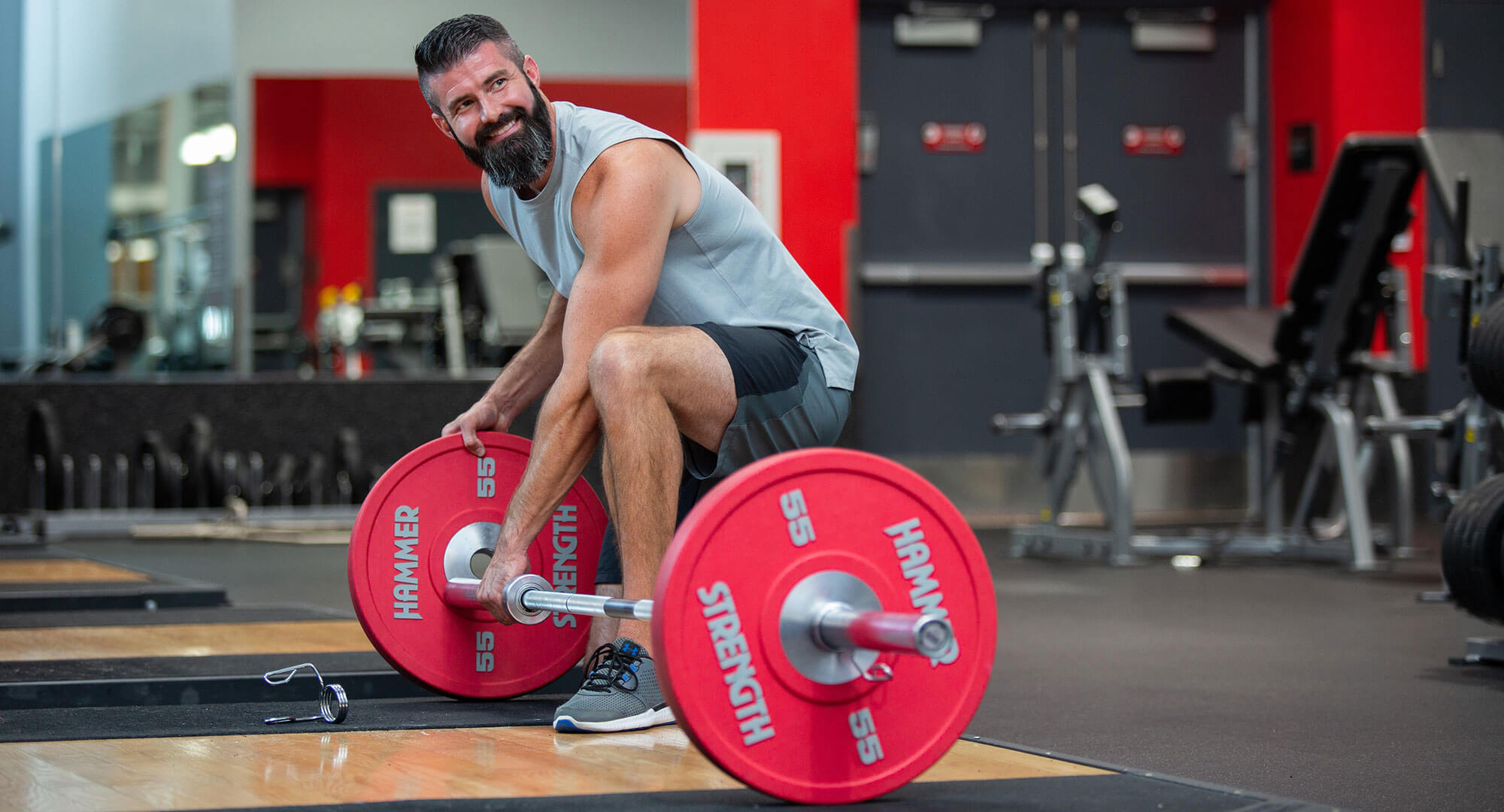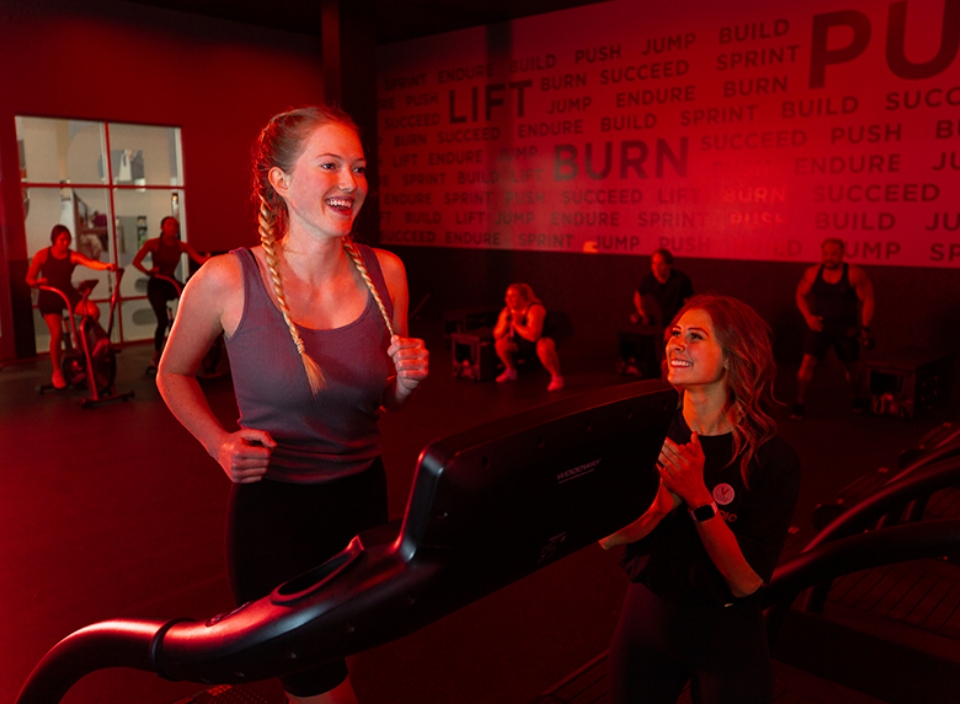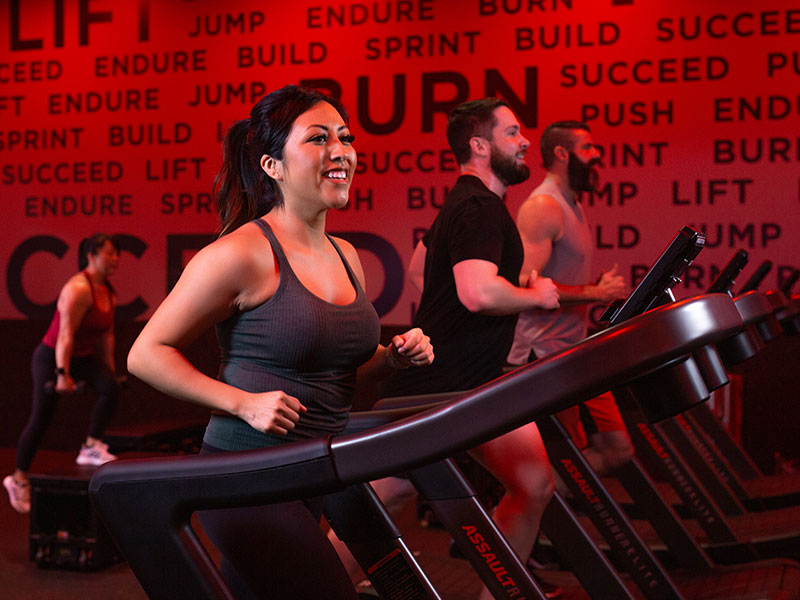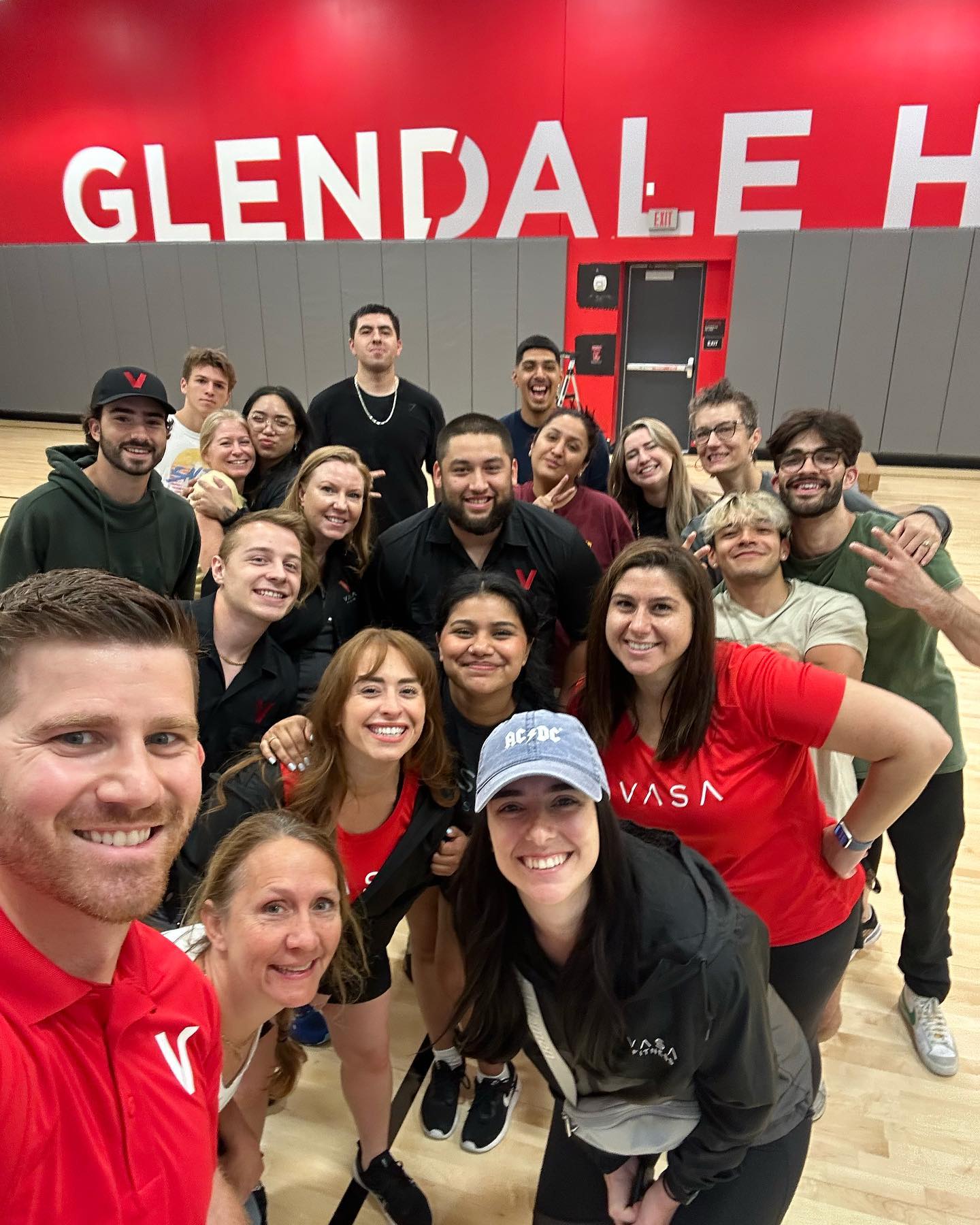Exercise and Immunity
We all know exercise is a key component to healthy living. An active lifestyle that includes strength training, cardio, mobility, and NEAT (non-exercise activity like stair climbing or chores) have been shown to contribute to a longer lifespan and improved quality of life. But supporting the immune system is also the key to maintaining a high quality of life.
Exercise and physical activity cause stress to the body that force changes to happen at the cellular level. The body responds in two ways to the “stress” of exercise. In the short term, it produces more reparative cells to help recover from a workout. The long-term response is resiliency to similar amounts of stress, meaning the body can handle more and adapt quicker to challenging workouts.
Diet is also a key component to overall health. Eating mostly whole, minimally processed foods provides many of the essential nutrients that keep us healthy and fight off germs, viruses, and poor health.

EXERCISES THAT SUPPORT IMMUNE SYSTEM FUNCTION
Full Body Strength Training
Keeping your muscles strong improves overall body function. The muscles are able to utilize things like glucose (carbs) and protein more effectively for improved bloodwork numbers. Stronger people also report improved feelings of self-satisfaction and lower stress levels than those who do not train regularly.
Key Practice: Strength train two to four days per week and include exercises that use multiple muscle groups and joints at once. Shoot for two to three sets of 8-12 reps per exercise, allowing for plenty of recovery time between sets and practice good form during each rep.

Moderate Intensity Cardiovascular Training
Getting the heart pumping keeps the blood circulating at a higher rate of speed, allowing the lungs and liver to filter out waste materials. Incorporating moderate cardio also reduces the amount of stress that normal activities of daily living put on the heart and lungs. This kind of training can be done indoors or out, with walking being one the best ways to accomplish this task.
Key Practice: Try to complete 25-35 minutes of cardio training at 70-80% of your max heart rate most days of the week.

Mindfulness Practice
At the end of the day, stress is stress, regardless of whether its internal, emotional stress or external, physical stress. Incorporating a mindfulness practice like yoga or meditation brings the mind back to the body and works to decrease overall stress levels and improves recovery from cardio and strength workouts.
FOODS THAT SUPPORT IMMUNE SYSTEM FUNCTION
Fruits and Vegetables
Most micronutrients like vitamins and minerals are found in fruits and vegetables. Even if you don’t like eating tomatoes, peas, or the like, many options for meeting your micronutrient needs are available, like greens powders and multivitamins.

Lean Meat or Other Lean Protein Sources
Protein helps the body repair from the stress of workouts. It also keeps you satisfied longer and can help you avoid over-indulging on snacks in between meals. Including one to two palm-sized servings of protein at each meal will keep your muscles fed and possibly curb some of the late afternoon hunger pains.
Water
70% of the body is made of water. Dehydration forces the body to work harder to keep its normal functions going, so drinking plenty of water will help keep the body functioning and performing optimally. Shoot for half of your bodyweight in water and even more when exercising heavily or sweating profusely.


While you can’t actually boost your immune system, you can make better choices to support normal functioning of the body and support the immune by not placing unnecessary stress on it. Exercising and eating foods that provide energy for your lifestyle are the key components to avoiding illness and staying healthy.
RECOMMENDED
SUBSCRIBE TO OUR BLOG
Enter your email to start receiving our blog emails!









